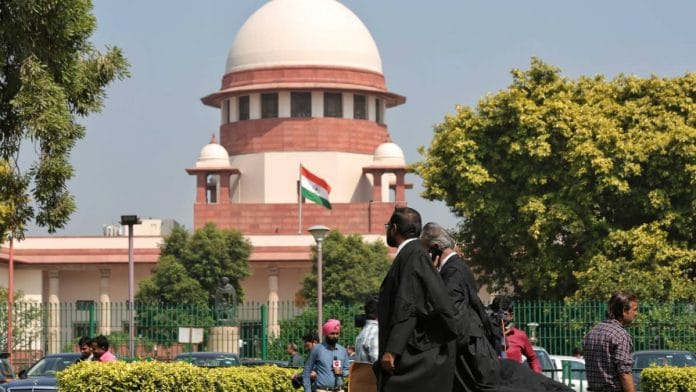Thank you dear subscribers, we are overwhelmed with your response.
Your Turn is a unique section from ThePrint featuring points of view from its subscribers. If you are a subscriber, have a point of view, please send it to us. If not, do subscribe here: https://englishdev.theprint.in/subscribe/
Medical Negligence is a highly misunderstood phenomenon. Very few people understand the difference between ‘Complications’ and ‘Negligence’. Complications are a part of health care. Doctors try to keep complications to a minimum, but this number can never be zero. Complications occur in spite of the best investigations, choice and conduct of procedures and proper post-procedure care. If one cares to objectively look at medical literature, complications are always recorded and reported. When the outcome is not as good as expected, one automatically attributes this poor outcome to ‘Negligence’. Most of the time, it will actually be a complication of the procedure. Negligence is when a ‘reasonable care’ is not provided by the doctor. Even an error in judgement is not negligence.
For society to expect complications to be zero is unreasonable. It becomes particularly difficult to all concerned when the complication results in death. In the course of treatment of a patient, no doctor ever wishes to harm the patient, let alone knowingly killing the patient. The doctor may not succeed in making the patient better. To call the death of a patient due to a complication or even negligence of the doctor, a criminal act, is a travesty of justice.
In light of these developments, the Indian Medical Association (IMA) has been actively advocating for a shift in how medical negligence is perceived legally. They argue that medical negligence should be treated under the Law of Torts rather than as a criminal offense, emphasizing the need for a more just approach to medical practice.
The law in India, unlike in many other countries, treats medical negligence as a criminal act. Several representations have been given to the Government to ‘decriminalize’ medical negligence. While nothing was done about this for decades, the current session of the parliament took up this matter and has passed an amendment to the law. The home minister made a statement that the new law ‘decriminalizes’ medical negligence. But on closer scrutiny, the amendment is only to reduce the punishment for criminal negligence from 5 years to 2 years of imprisonment.
The real amendment required is to specify that death due to medical negligence cannot be considered a criminal act. The actual difficulty for doctors is to go through the process of fighting a criminal case in the courts. The financial and emotional strain of this process is enormous. Fighting a criminal case itself is a punishment!
Doctors must be accountable to society for their actions. There are enough mechanisms in the form of Medical Councils, Human Rights organizations and Civil Courts to ‘police’ the doctors. The Government must amend the law to truly decriminalize medical negligence. No criminal court should accept a case of alleged medical negligence. The Supreme Court has passed a judgement in 2009, stating that criminal cases should not be taken up when a medical body like the medical council has exonerated the doctor of medical negligence. But this is not followed in practice. Criminal courts continue to accept and proceed in cases of medical negligence.
Any law less than ‘true’ decriminalization, wherein criminal courts are not entitled to take up medical negligence cases, is just an ‘eye wash’
These pieces are being published as they have been received – they have not been edited/fact-checked by ThePrint.



Given that many doctors of the day got admitted in medical schools for non-merit reasons and considering the prevailing arrogance of doctors not to answer even legitimate questions or encourage second opinions when needed, this is bad for the general public. There is little assurance that the profession is capable of regulating itself. We need to strengthen patient rights and come down even more heavily on negligence and malpractice.